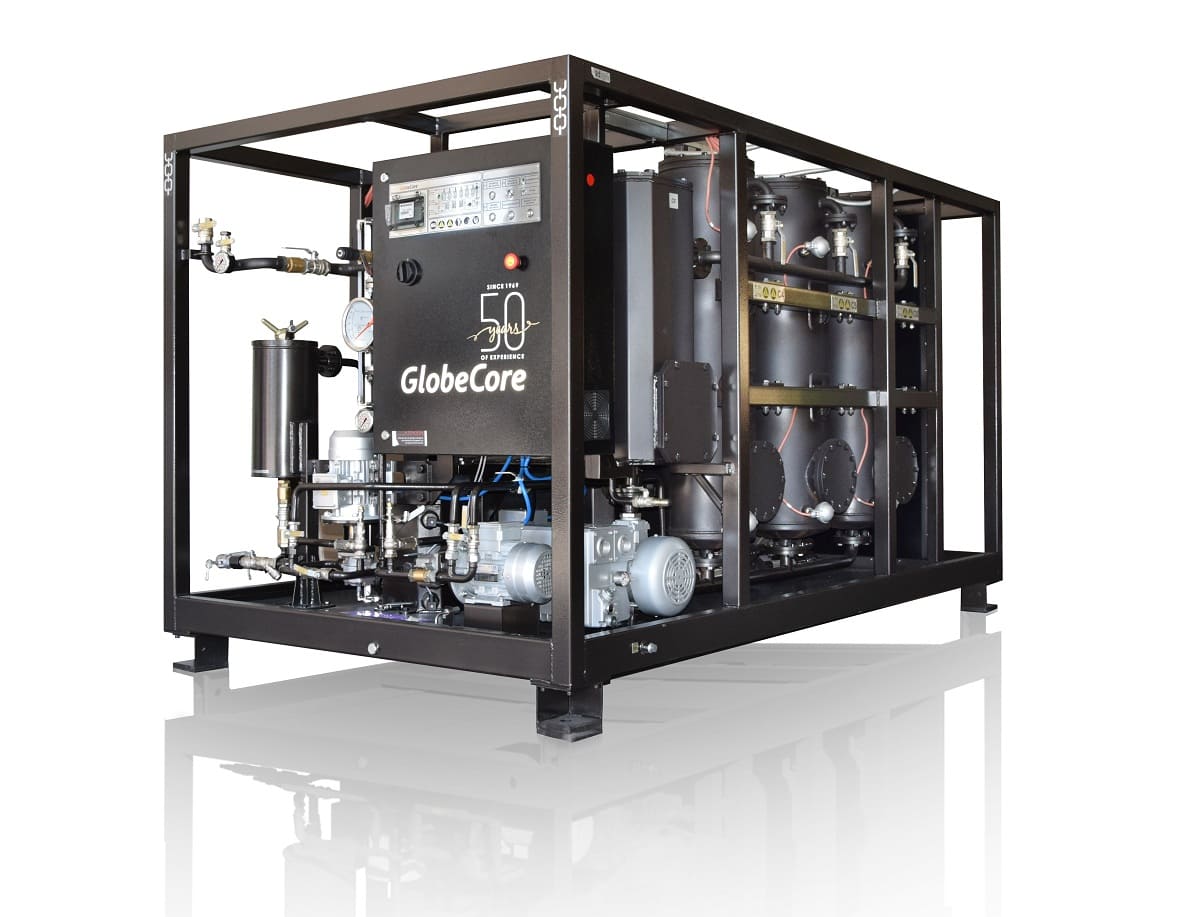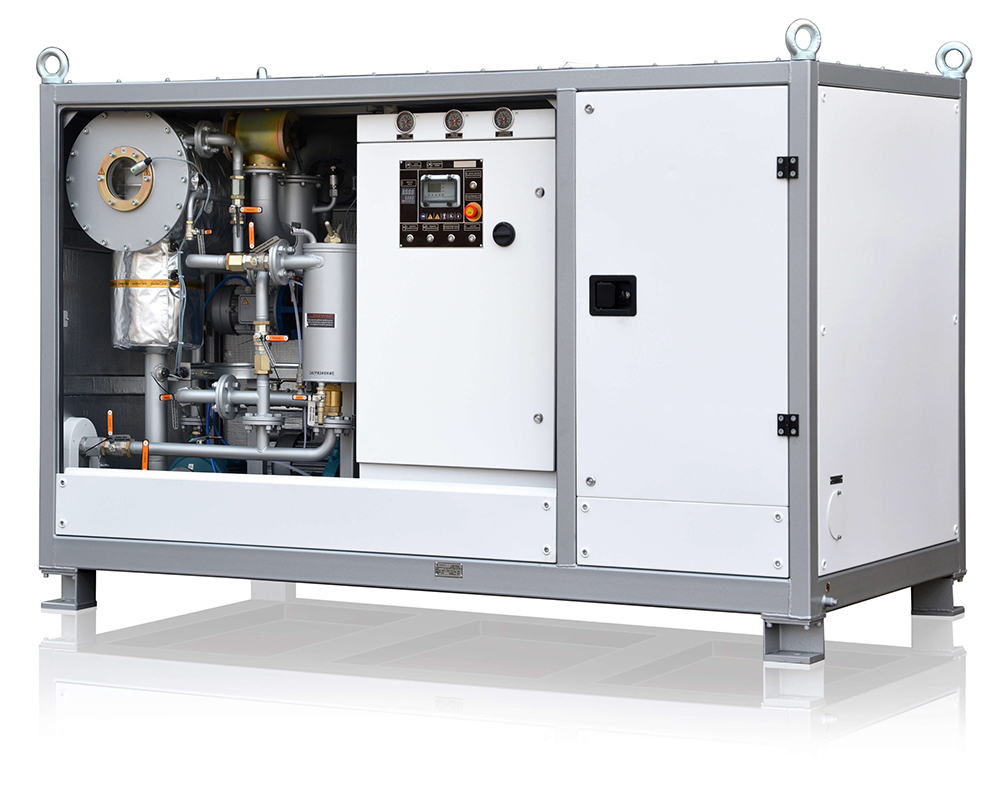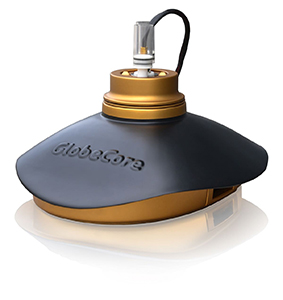What is the PCB content in transformer oil?
- This topic has 1 reply, 2 voices, and was last updated 1 year, 3 months ago by .
Answers
-
September 10, 2024 at 8:37 am by rost
The PCB content in transformer oil refers to the presence of polychlorinated biphenyls, which are toxic chemical compounds that were commonly used as insulating fluids in electrical equipment, including transformers, due to their excellent electrical insulating properties and thermal stability. However, concerns regarding their environmental and health impacts have led to a significant decline in their use. Current regulations mandate that transformer oil should ideally have PCB levels below 50 parts per million (ppm) to be considered non-PCB. Regular testing and monitoring of transformer oil for PCB content are essential, as the presence of PCBs can lead to contamination issues and necessitate proper disposal and remediation processes. It is crucial for operators to be aware of the PCB content in transformer oil to ensure compliance with environmental regulations and maintain safe operational practices.



